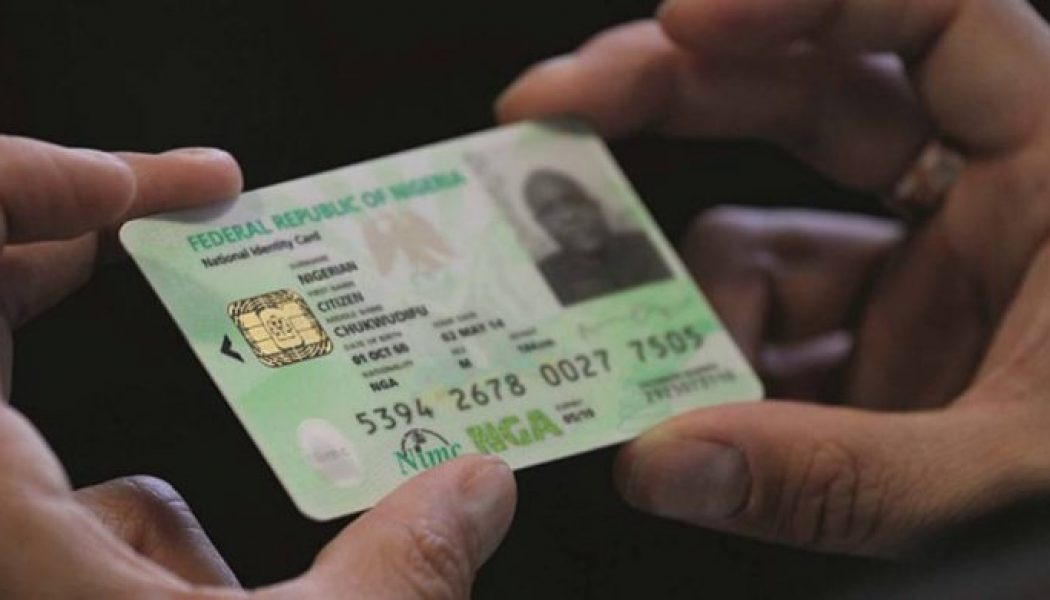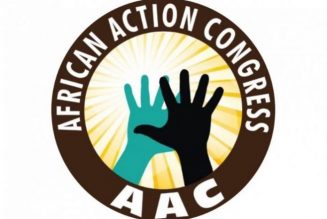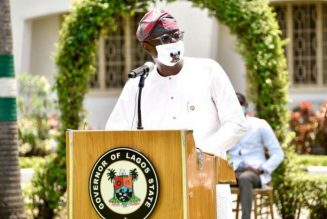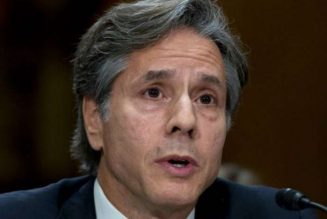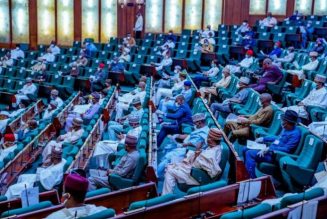
The Kaduna State Residents Registration Agency (KADSRRA) says it is supporting the enrollment of 2.1 million poor and vulnerable captured in the State Social Register for the National Identity Number (NIN).
Its Executive Secretary, Dr Zayyad Tsiga, made this known in an interview with newsmen in Kaduna on Thursday.
Tsiga said that Kaduna State with support from the National Social Safety-Net Coordination Office had so far captured 2.1 million individuals.
He said that KADSRRA was working with the National Identity Management Commission (NIMC) to enroll all the poor and vulnerable individuals into the National Identity Database (NIDB).
This, Tsiga said, would enable the poor and vulnerable to obtain the state residency card and NIN, which would be required to access social protection services in the state.
According to him, the measure is necessary with NIN becoming part of the criteria for accessing pro-poor interventions and other social protection programmes in the country.
“This is part of efforts to ensure that all poor and vulnerable in the state access all Federal and State Government’s pro-poor interventions and social protection programmes.
“We have begun the exercise in Kaduna South Local Government Areas of the state, and we will scale up to all the 23 local government areas to ensure all the poor and vulnerable obtained NIN.
“This will happen simultaneously with the enrollment of residents to meet the 95 per cent target coverage by 2022,” the executive secretary said.
He reminded residents that from May 1, Ministries, Departments, and parastatal Agencies would demand for Kaduna State Residency Cards and NIN from all residents before providing services.
Tsiga said that the state would soon commence issuance of its residency cards, advising residents without NIN to enroll at the nearest enrollment centres to avoid denial of certain basic services.
He said that the state government had been working closely with NIMC since 2015 to expedite the enrolment of the state residents into the NIDB.
“So far, about 3.3 million residents, representing 35 per cent of the estimated 9.5 million population of the state had been enrolled as of March 15,’’ Tsiga said.
